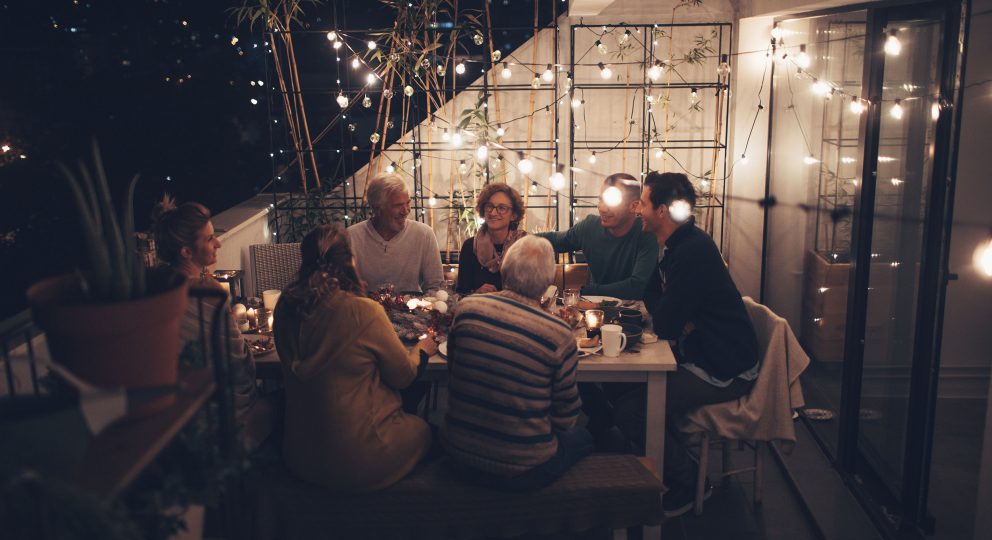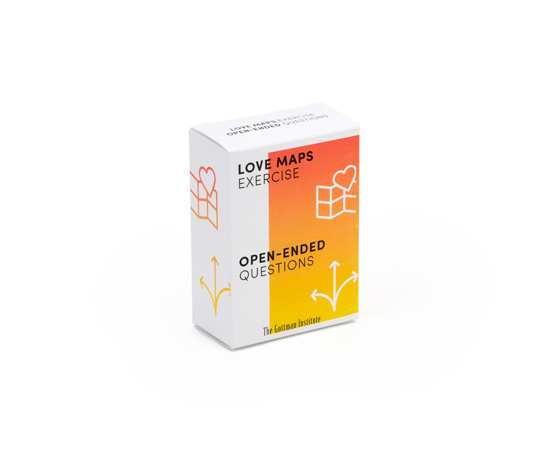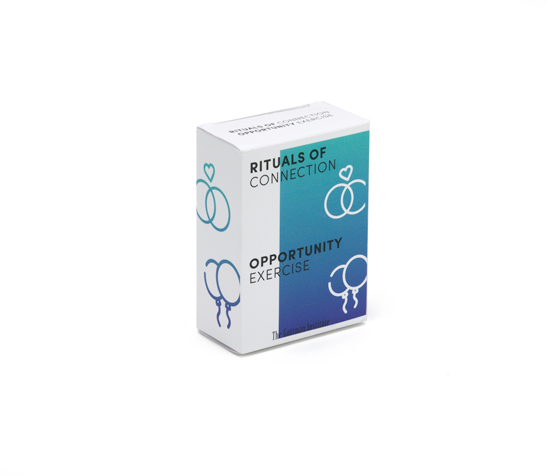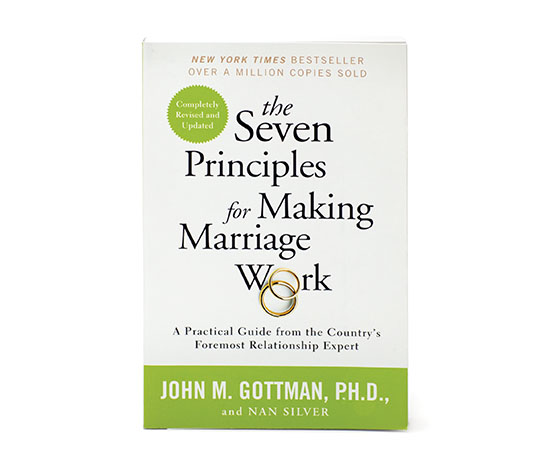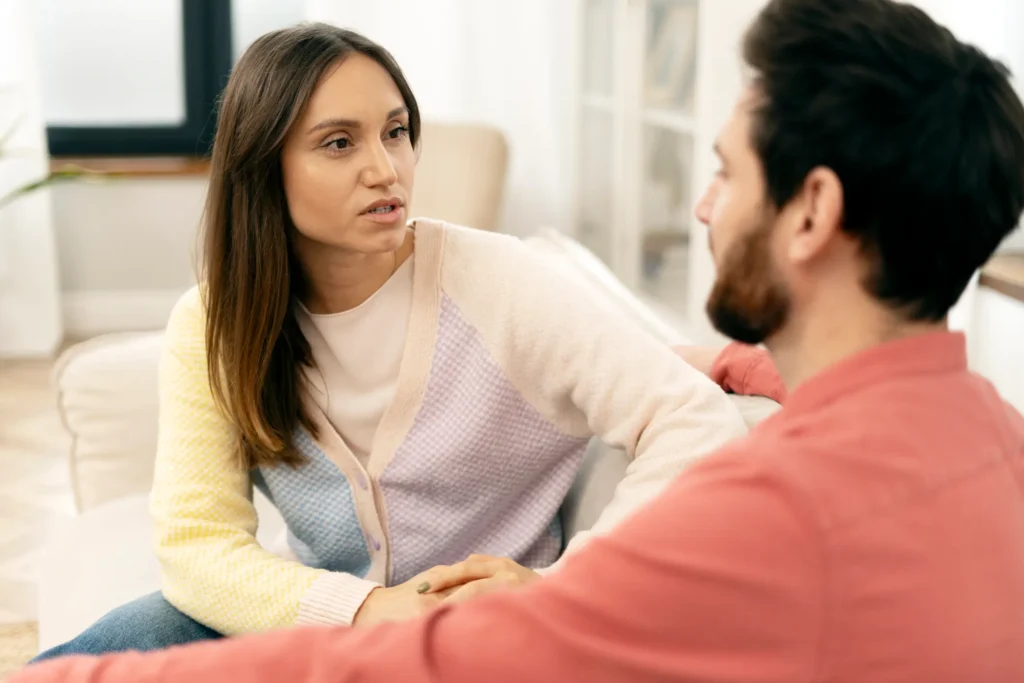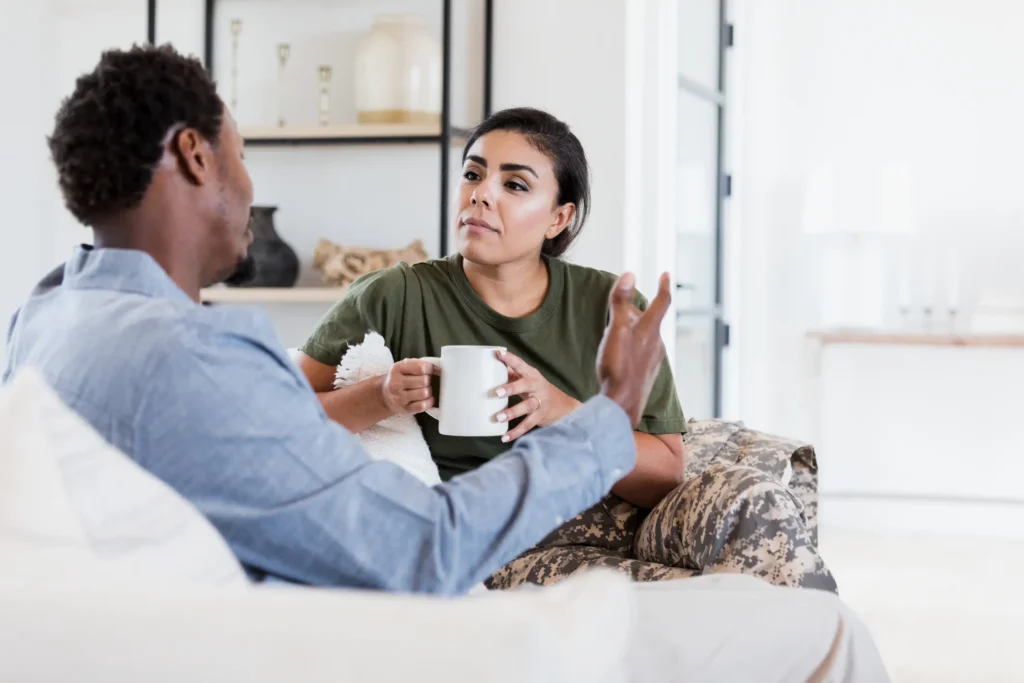Questions and curiosity form the basis of Judaism, and as we’ve discovered through our research on couples, the foundation of lasting romantic relationships.
Jewish families all over the world will gather around their table this week to celebrate Passover. At these seders the youngest attendees will sing Four Questions. These are a series of questions that begin with Mah nishtanah halailah hazeh mikol haleilot?
How is this night different from all other nights?
Of all the ways to recount the tale of the Jews exodus from Egypt, Judaism chooses this question-answer approach. The ritual cannot be performed without these questions. Even if a seder is attended by two Rabbinic scholars, the younger one must ask the Four Questions.
Why? Because questions encourage participation, reflection, and conversation. Children ask these questions to understand their history. And in answering, we remind ourselves of our own story.
Edgar Bronfman tells us, “To be Jewish is to ask questions.” From the Four Questions to the talmudic tradition of unresolved questions, Judaism encourages us to ask questions and challenges us to think deeply.
Yael Splansky, Senior Rabbi of Holy Blossom Temple in Toronto explains, “The Talmud records multiple answers to a single question of Jewish law. At the end of the debate there usually comes a clear ruling, but the minority opinions are given an honoured place alongside the majority view. This discipline of considering every perspective and angle cultivates curiosity and delight in questioning. Every question brings us closer to understanding.”
In fact, it’s when we stop asking questions—and reveal our apathy—that there’s cause for concern.
Rabbi Splansky continues, “What is the essential path to discovering love, art, faith, and life itself? A path paved with good questions.”
Through our research into couples and lasting partnerships, we’ve found the same holds true for romantic relationships. Open-ended questions—those requiring more than a “yes” or “no” answers—are the key to fostering deeper connections in our everyday lives.
The happiest couples have a foundation of friendship. And friendship begins by asking deep questions, an expression of care and interest.
Unearthing your partners greatest fear (getting eaten by spiders on top of the Empire State Building) and happiest memories (making ice cream in the summer on Cape Cod) can only happen by asking profound, probing questions. These contributions deepen both new relationships where two people are getting to know each other, and solidify decades old relationships by allowing partners to discover new ideas about each other.
Researchers at the Sloan Center at UCLA studied 30 heterosexual couples with young children in dual-income households. They found the couples only spent about 35 minutes a week together in conversation, mostly discussing items on a to-do list—who’s going to do what when.
“Did you pay the electric bill?” is not an open-ended question. Instead, focus on questions that make the listener feel valued and require them to think critically and reflect. This creates a more vulnerable and intimate conversation, with room for deeper connection. These questions engage one of the most basic positive human emotion: interest.
We have a tradition in our marriage that we call our “annual honeymoon.” This will be our 19th year renting the same room at our favorite bed and breakfast. We spend two weeks answering our version of the Four Questions:
- How was your year?
- What did you like about it?
- What did you not like about it?
- What do you want your next year to be like?
Those questions lead to more questions, and we spend our trip discussing ways to improve for the following year.
This weekend, whether you’re celebrating Passover, Easter, or simply a respite from work, try your own version of the Four Questions.
